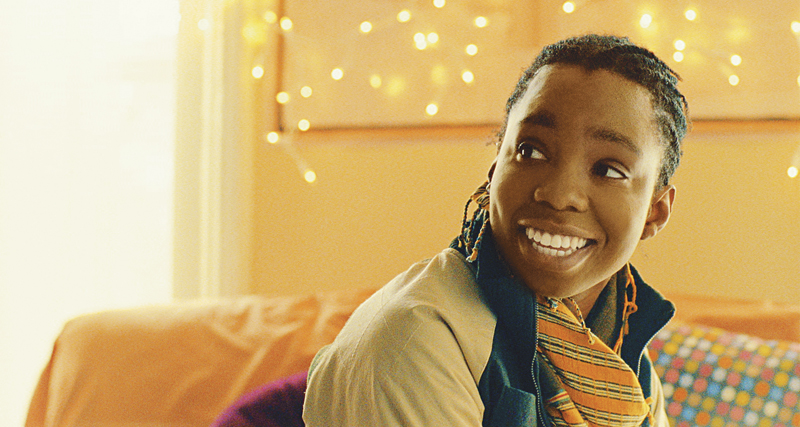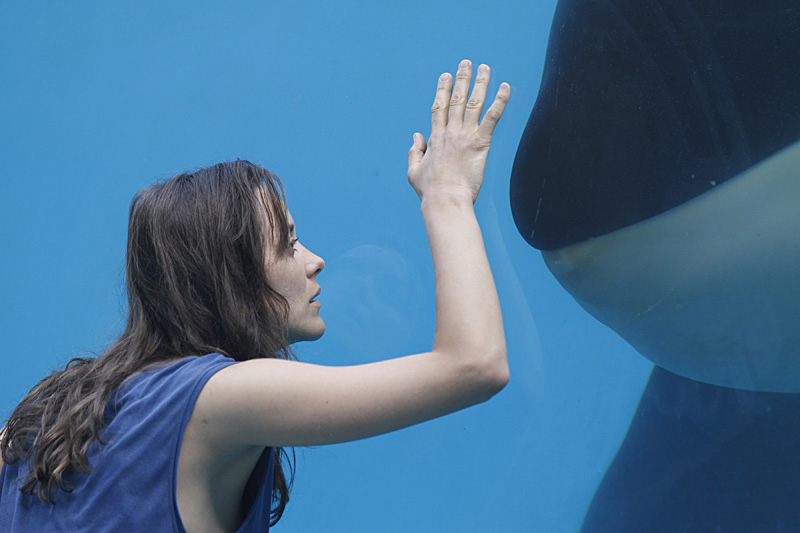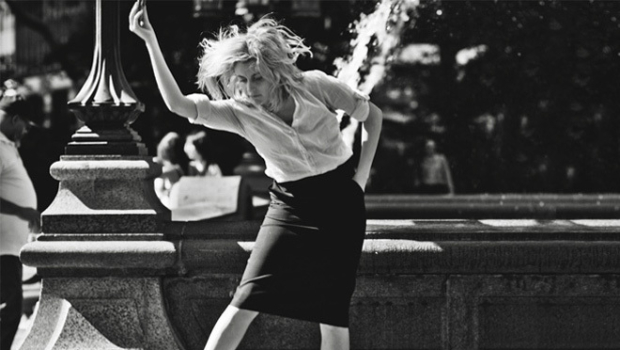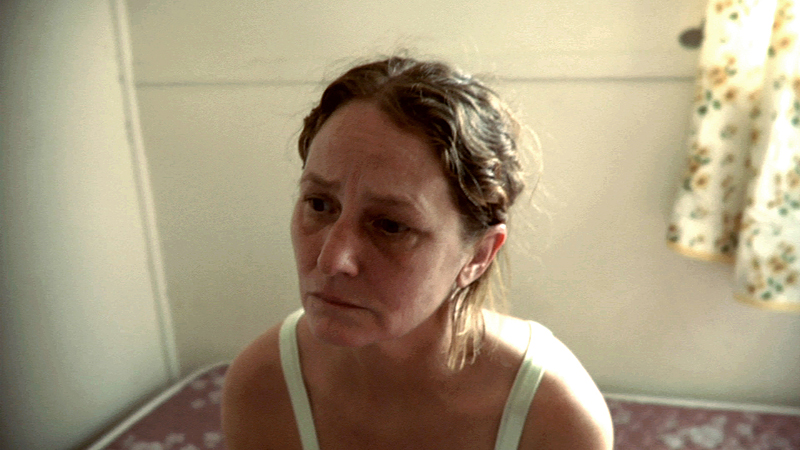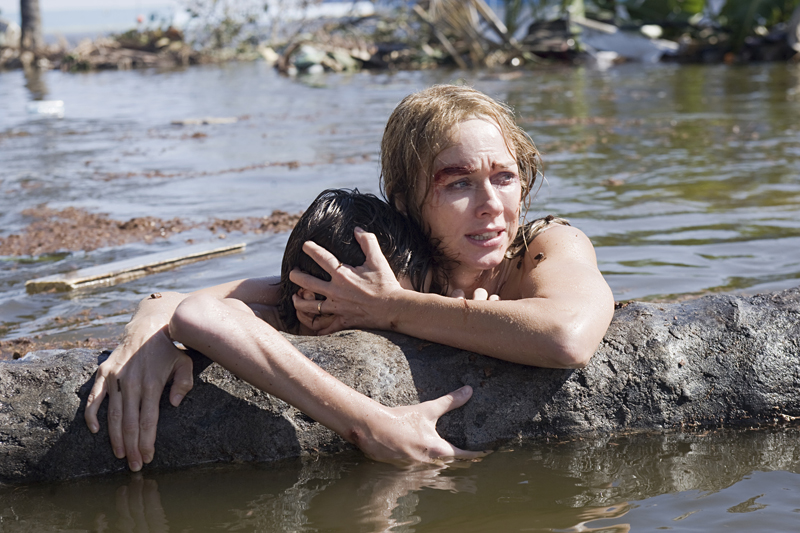The first 10 minutes of Dee Rees’ funny, moving, nuanced, and impeccably acted first feature, in which coming of age and coming out are inseparable, sharply reveal the conflicts that 17-year-old Alike (Adepero Oduye) faces. Riding the bus back to her Fort Greene, Brooklyn, home after a night out at a lesbian club, she takes off her oversize boy’s polo shirt, revealing a light-pink scoop-neck shirt with “angel” written in gold sequins underneath. After we see the large crucifix in her house and meet her mother, who reprimands her for her friendship with butch Laura (Pernell Walker), the reason for the quick change becomes obvious. Like the best films about adolescence, from Truffaut’s Antoine Doinel movies to So Yong Kim’s In Between Days, Pariah—about one lower-middle-class, African-American lesbian teen—is a profoundly specific film centering on universal themes: discovering who and what you are drawn to and fighting for autonomy against arbitrary parental rules, or in this case tyranny. Alike’s sexuality, blithely acknowledged at school, remains until its defiant articulation in the closing scenes an open, corrosive secret in her family; even her doting father speaks to her in veiled language. She will eventually throw her mother’s own sanctimonious words back in her face, demonstrating the truest spirit of gay pride: standing up to bullies, particularly those who gave birth to you.
Pariah: Like a Lesbian 400 Blows
